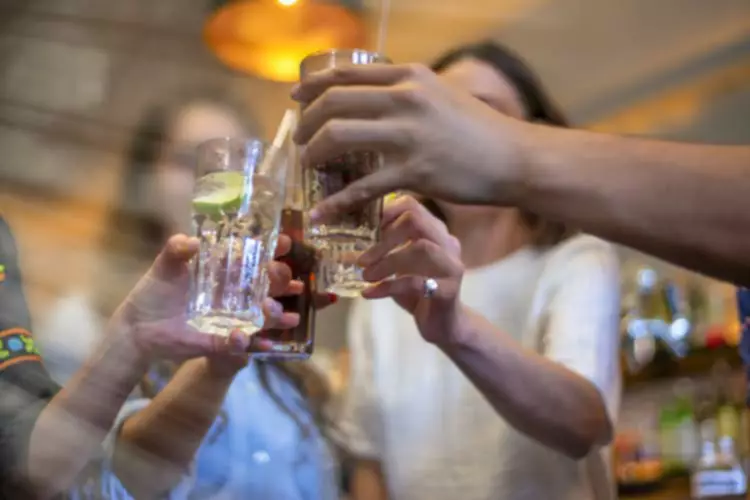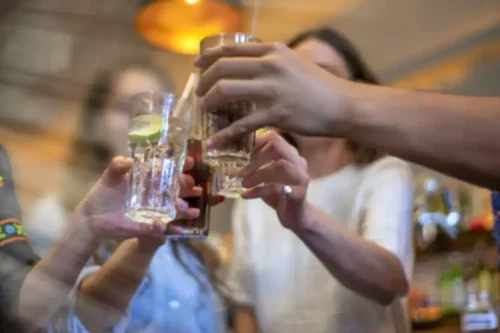
However, the best way to limit weight gain from alcohol is to consume less or no alcohol. The empty calories will not make you feel full and can add extra pounds. Alcohol can cause weight gain and have a negative impact on the body. Some people may see an immediate effect of bloating from alcohol. Long-term effects of alcohol include weight gain from its high calories and low nutritional value. A recent animal study found that mice given ethanol over a period of three days demonstrated a significant increase in food intake.
Alcohol as appetite stimulant

Sharing an alcoholic beverage with someone is a common way to celebrate, wind down, or enjoy a night out. Alcohol can cause weight gain and bloating, especially when consumed in moderate to heavy amounts. Avoiding alcohol is the best way to prevent weight gain from the beverage. A healthcare provider can help guide treatment if you have concerns about drinking or weight loss.
Alcohol Intake and Obesity: Potential Mechanisms

But keep in mind this is exponentially increased if you’re a heavy drinker, eat bad fattening foods, and aren’t exercising. Although there is evidence to suggest that frequent alcohol intake may predispose to weight gain or obesity over the long-term, this effect is not strongly reflected in the recent research. First, it has been found that alcohol intake increases energy expenditure, likely due in part to the fact that it has a high thermogenic effect 53.
Your Risk of Cancer May Increase
In addition, many alcoholic drinks are also high in sugar meaning you could be consuming lots of empty calories, which could lead to weight gain – including a beer belly – and put your long-term health at risk. Another thing that confounds the reports on whether alcohol contributes to weight gain is the fact that the game changes in heavy drinkers. We know that alcohol contains 7.1 calories per gram and these calories always count as part of the energy balance equation… or do they? With chronic excessive alcohol consumption, it’s possible that not all of these calories are available for energy.

By working in these strategies, you can still enjoy alcohol in moderation while working toward your weight loss goals. To prevent alcohol poisoning and possible death your liver focuses all its energy on metabolizing, or breaking down, the alcohol into non-toxic components. Still, an estimated 42% of Americans are obese, and 60% of Americans does liqour make you fat say they drink alcohol. Now, not all Americans who drink alcohol are obese, and not all obese Americans drink.
“They are intended to stimulate the appetite before a meal.” Drink less, and you’ll probably eat less too. Although calorie intake is important, the quality of your diet is also of relevance. Carbohydrates, particularly added sugars, can contribute substantially to weight gain.

- That’s because your body already has processes in place that allow it to store excess proteins, carbohydrates and fats.
- You’ve doubled the recommended caloric intake of an entire day in the span of a few hours.
- Your best bet when sipping alcohol is to have it straight, or with sparkling water or club soda, Zanini suggests.
- The extent to which wasted energy from regular alcohol consumption contributes to weight gain prevention is unclear.
But if you’re able to make smart choices about your alcohol diet, exercise the rest of the time, and get a good night’s sleep, drinking alcohol won’t make you put on weight. Red wine is generally a wise choice if you’re trying to lose weight. Many like having a glass or two of red wine at night to wind down, and you can still drop pounds as long as you’re eating the right foods at the correct times. Studies have also found that your self-control is lower after a poor night’s sleep (7).

